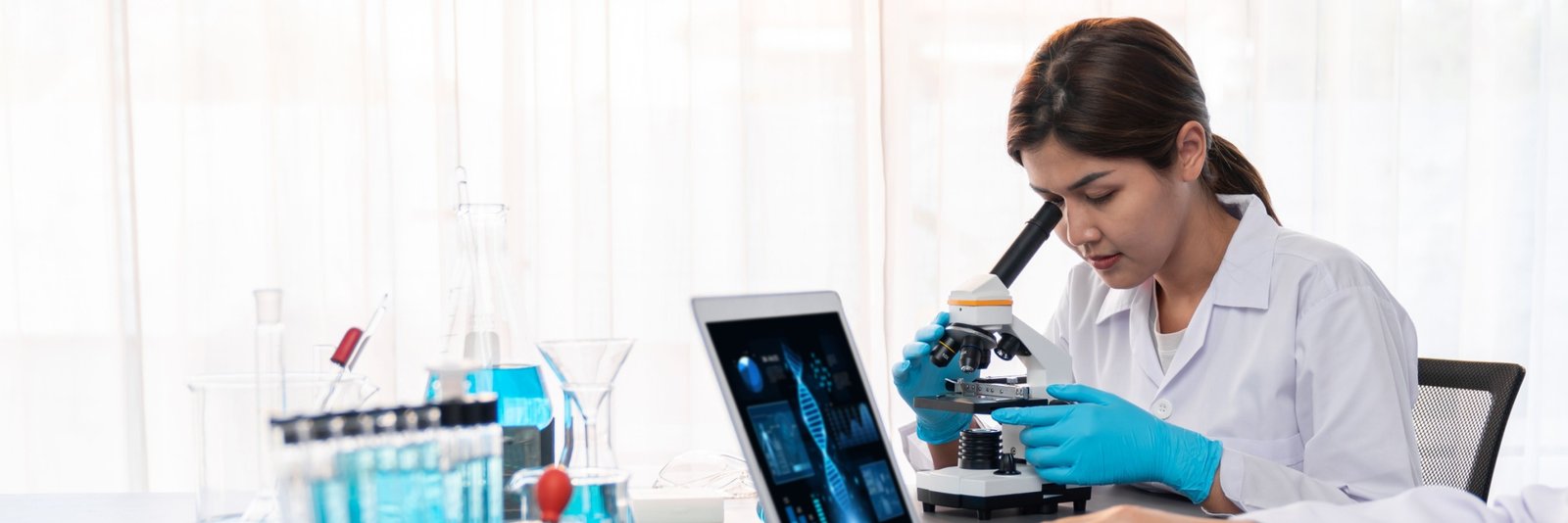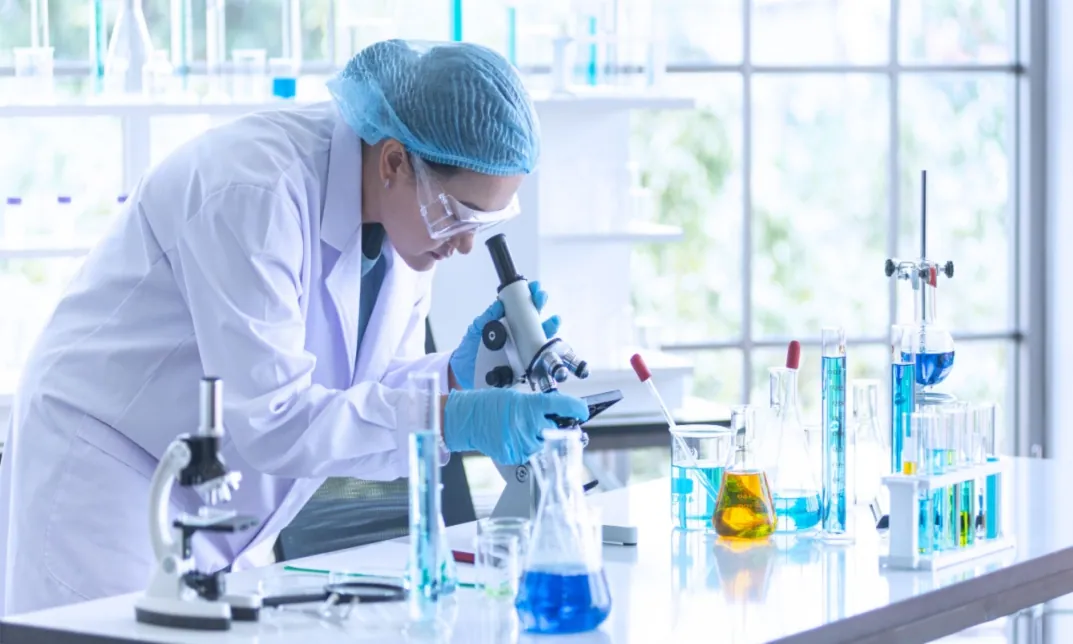No products in the cart.
Have you ever wondered what it takes to become a lab technician? The role of a lab technician is a vital one, supporting scientists and medical professionals in research, testing, and laboratory maintenance. With the growing demand for healthcare services and scientific research, lab technician positions are becoming increasingly important.
In this blog, we will delve into the various aspects of lab technician positions, including their responsibilities, career prospects, and the skills required to excel in this field.
What Does a Lab Technician Do?

Lab technicians play a crucial role in scientific and medical settings. Their primary responsibilities include:
- Conducting experiments and tests
- Recording and analysing data
- Maintaining laboratory equipment
- Ensuring the accuracy and quality of results
Moreover, lab technicians work alongside scientists and engineers, assisting with a range of experiments and investigations. Therefore, they must have a keen eye for detail and a strong understanding of scientific processes.
Key Responsibilities
Lab technicians are responsible for a variety of tasks, which can vary depending on the industry they work in. Some common responsibilities include:
- Sample Collection and Analysis: Lab technicians collect and analyse samples, which can range from blood and tissue samples in medical labs to chemical substances in industrial labs.
- Equipment Maintenance: Regular maintenance and calibration of laboratory equipment are essential to ensure accurate results.
- Data Management: Recording and managing data accurately is crucial for scientific research and medical diagnostics.
- Safety Compliance: Lab technicians must adhere to safety protocols to prevent accidents and ensure a safe working environment.
Skills Required for Lab Technician Positions
To succeed as a lab technician, certain skills are essential. These include:
- Attention to Detail: Precision is crucial in conducting experiments and recording data.
- Technical Skills: Proficiency in using laboratory equipment and software is necessary.
- Problem-Solving Skills: Lab technicians must be able to troubleshoot equipment and experiment issues.
- Communication Skills: Effective communication is important for collaborating with scientists and reporting findings.
Career Prospects and Opportunities
Lab technician positions offer a range of career opportunities. As the demand for healthcare and scientific research continues to grow, so does the need for skilled lab technicians. Here are some potential career paths:
- Medical Lab Technician: Working in hospitals and clinics, these technicians perform tests that aid in diagnosing diseases.
- Research Lab Technician: These technicians work in research institutions, assisting scientists in various experiments.
- Industrial Lab Technician: In industries such as pharmaceuticals and manufacturing, lab technicians ensure product quality and safety.
Moreover, lab technicians can advance their careers by pursuing further education and certifications, leading to roles such as lab manager or research scientist.

The Growing Demand for Lab Technicians
The demand for lab technicians is on the rise. According to recent studies, the need for qualified lab technicians is expected to grow significantly over the next decade. This growth is driven by:
- Advancements in Medical Technology: As medical technology advances, the need for skilled technicians to operate and maintain sophisticated equipment increases.
- Increased Focus on Preventive Care: With a growing emphasis on preventive healthcare, lab technicians play a key role in early detection and diagnosis.
- Expansion of Research and Development: The expansion of scientific research in various fields creates more opportunities for lab technicians.
Educational Pathways and Training
Becoming a lab technician typically requires a combination of education and hands-on training. Here are some common pathways:
- Associate Degree in Laboratory Technology: This is a common entry-level qualification for lab technicians.
- Bachelor’s Degree in a Related Field: A degree in biology, chemistry, or a related field can provide a strong foundation for a career in laboratory technology.
- Certification and Apprenticeships: Many lab technicians gain experience through apprenticeships and obtain certifications to enhance their skills and employability.
Challenges and Rewards of Being a Lab Technician
Like any profession, being a lab technician comes with its challenges and rewards.
Challenges:
- Tight Deadlines: Lab technicians often work under pressure to meet deadlines for experiments and tests.
- Keeping Up with Technological Advances: The field of laboratory technology is constantly evolving, requiring technicians to stay updated with the latest advancements.
Rewards:
- Contribution to Scientific Advancements: Lab technicians play a crucial role in scientific discoveries and medical advancements.
- Diverse Work Environment: Working in various settings, from hospitals to research labs, offers diverse experiences and opportunities for growth.
Conclusion
In conclusion, lab technician positions are essential in both scientific and medical fields. With a growing demand for skilled technicians, this career offers numerous opportunities for personal and professional growth. By acquiring the necessary skills and education, aspiring lab technicians can embark on a rewarding and fulfilling career path. Whether you are interested in medical diagnostics, scientific research, or industrial applications, lab technician positions provide a dynamic and impactful career choice.




